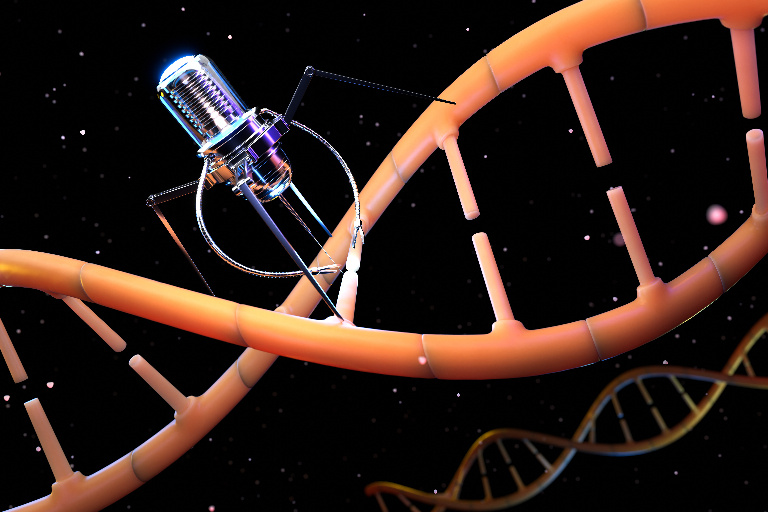
AI in (Bio)Medicine

Amit Hagar
History & Philosophy of Science & Medicine
If you ask ChatGPT (the hyped Generative AI LLM (large language model)) what the scientific method is, it will spit out the following
“The scientific method is an _iterative, communal, systematic _approach used by scientists to _investigate _and _understand _the natural world. It is a _logical _and _organized _process that involves the general following steps:
1. Observation: Scientists make observations or gather information about a specific phenomenon or problem. 2. Question: Based on the observations, scientists formulate a specific question or problem that they want to address. 3. Hypothesis: A hypothesis is a tentative explanation or prediction that can be tested. It is a proposed answer to the research question and is often based on prior knowledge or theories. 4. Experimentation: Scientists design and conduct experiments to test the hypothesis. They manipulate variables, control conditions, and collect data to analyze and draw conclusions. 5. Data Collection: During the experiment, scientists collect and record data systematically. This data can be qualitative (descriptive) or quantitative (numerical) in nature. 6. Analysis: Scientists analyze the collected data using statistical methods and other techniques to identify patterns, trends, or relationships. 7. Conclusion: Based on the analysis of the data, scientists draw conclusions. They evaluate whether the data supports or contradicts the hypothesis and discuss the implications of their findings. 8. Communication: Scientists communicate their results through scientific papers, conferences, or other means. This allows other scientists to review and replicate the experiments, contributing to the body of scientific knowledge.” (_emphasis _mine)
Regardless of whether this definition is true, at least it summarizes what people believe, as ChatGPT had generated this definition from the received wisdom on the internet. To inquire whether this definition DOES capture the scientific method, in this course we shall tackle BOTH subjects, namely, the scientific method, AND artificial intelligence, and will do so by focusing on ONE domain of science, namely, Biomedicine. By learning how AI can become part of (or even REPLACE) the current biomedical practice, we will learn about this practice, and whether it adheres to the definition given by ChatGPT above. No prior knowledge of AI or Biomedicine is required, just a healthy dose of curiosity and originality of thinking.
In this Honors seminar each student will twice-present a real-life case study, so that we can discuss these together. Evaluation will be based on these presentations (2 X 10%), and on the final project: a 15 min talk where you need to argue for or against a specific usage of AI in biomedicine (30%). That talk should be also summarized in writing and submitted before the end of class. Besides those, during the term there will be 5 short quizzes (5 X 10%) on class materials. Students are encouraged to choose a final project topic early on, in consultation with the instructor.
Catalog Information: HON-H 241 SCIENTIFIC UNCERTAINTY AND DISCOVERY

